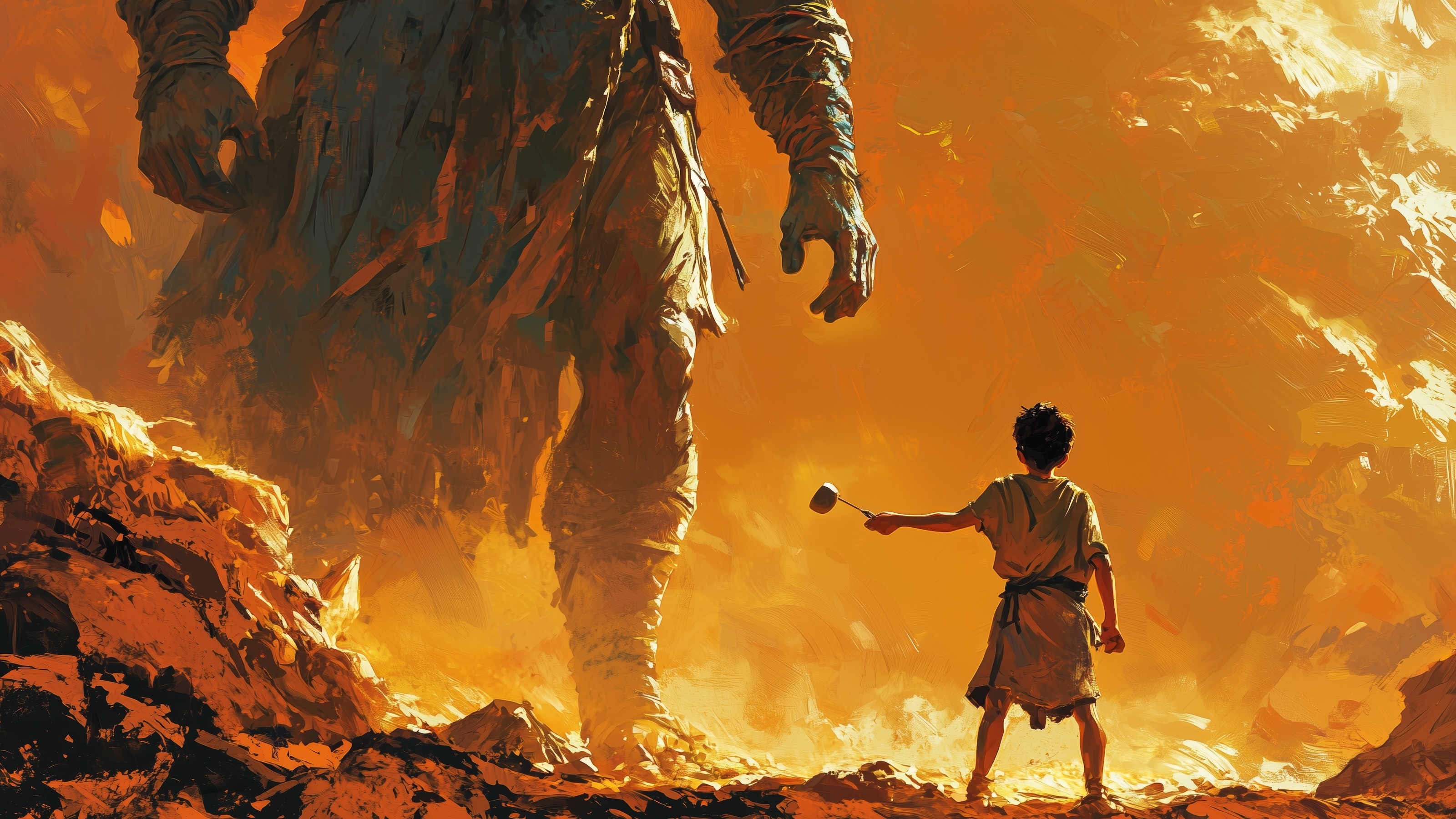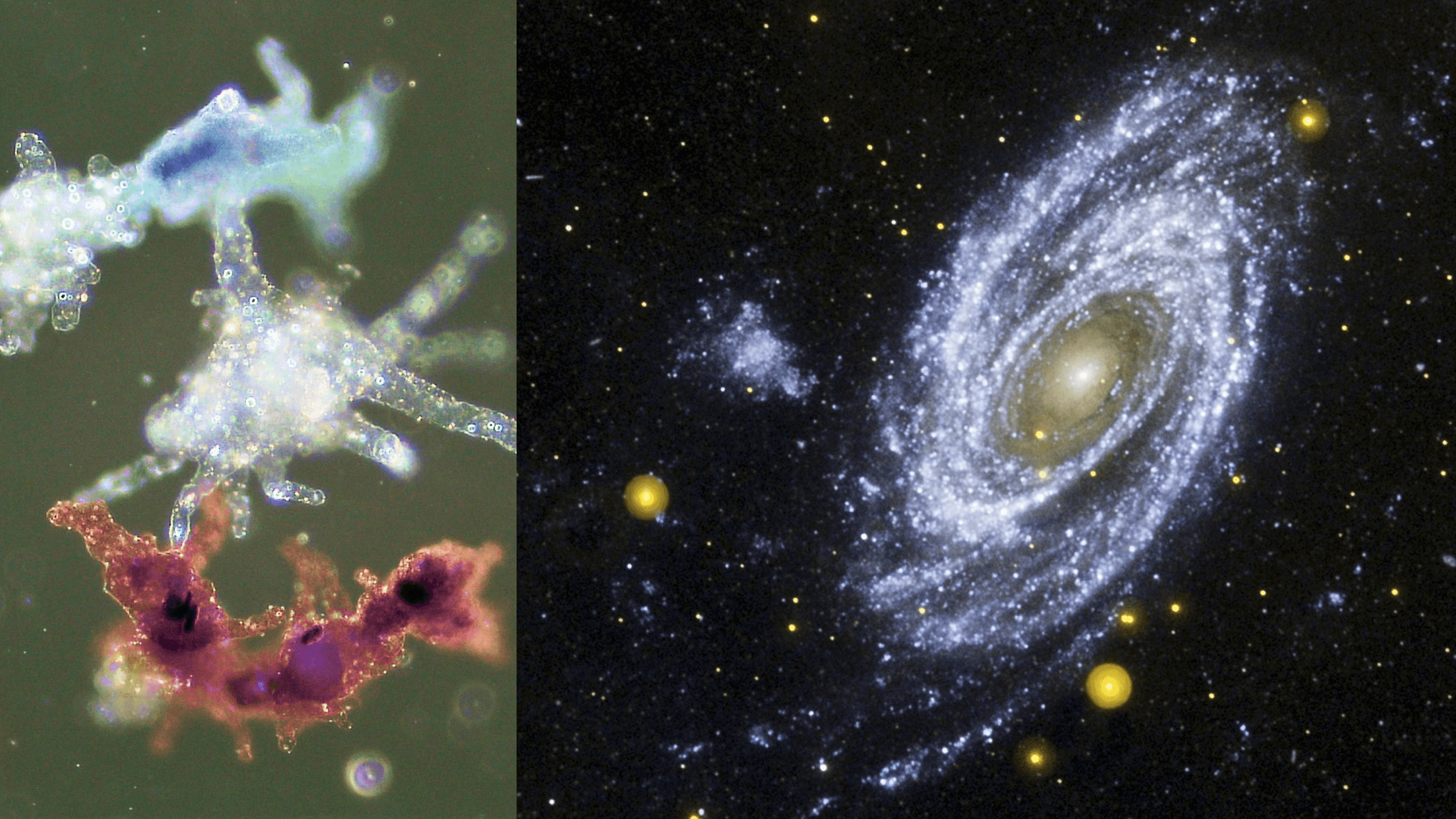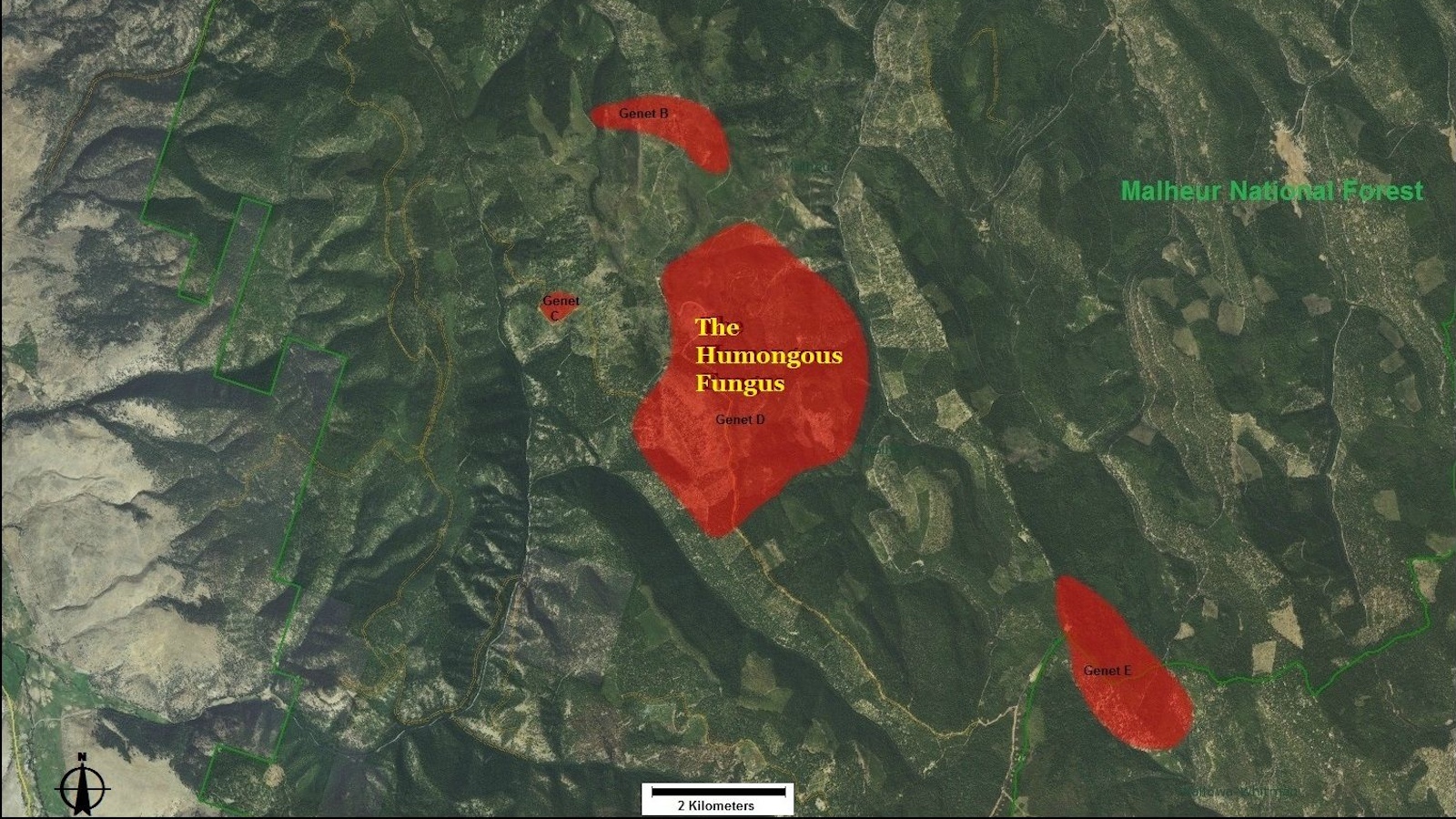Standing on the shoulders of giants.
Question: How has science shaped humanity?
Anthony Fauci:
This is just only a somewhat provincial view. There was a period in my own discipline of infectious diseases back in the late 19th century when people were just starting to appreciate the germ theory of disease. Instead of the historical components, we had these plagues. We had these influenzas. We have ______. We have this. We have no idea where it comes from.
There were a group of people – Louie Pasture, Cook; all of the group from the Institute Pasteur [in French: Institut Pasteur de Lille; also known as, Pasteur-Lille], the German group, Matchnikoff and others – who were able to take a field that was completely bare bones and no one had any idea what was going on, to actually make those first initial discoveries that a microbe actually caused tuberculosis. You can actually take that microbe. You can inject it into someone or into an animal, and you can create the disease that you once thought was just some ______ from heaven that caused it.
So the heroes and the people that I look up to were those people who struggled against a complete, vast unknown.
Right now there’s so much known in science that when I and my colleagues do it – although we occasionally make transforming discoveries – we’re standing on the shoulders of giants who didn’t have what we have 100 or so years ago when they made those phenomenal discoveries.
Image courtesy of Janaka Dharmasena/Shutterstock.
Recorded On: July 6, 2007





